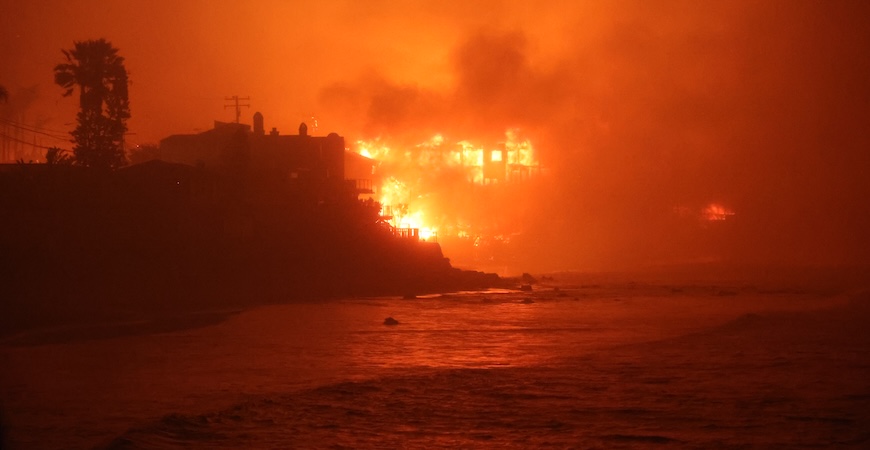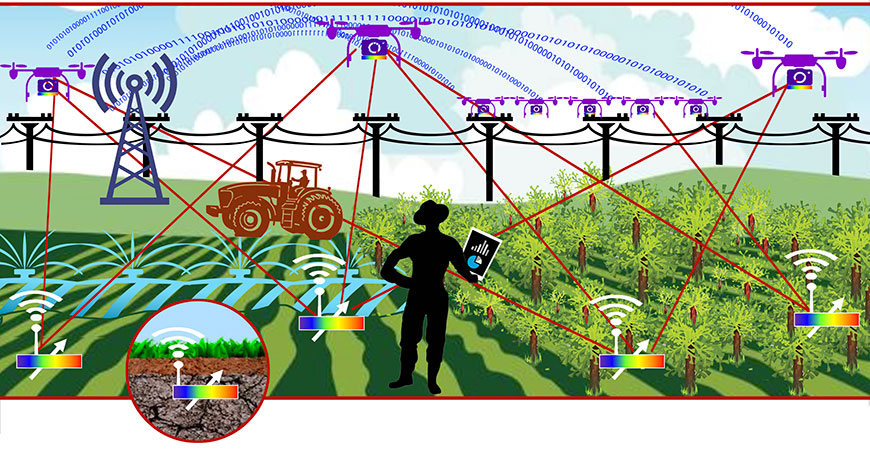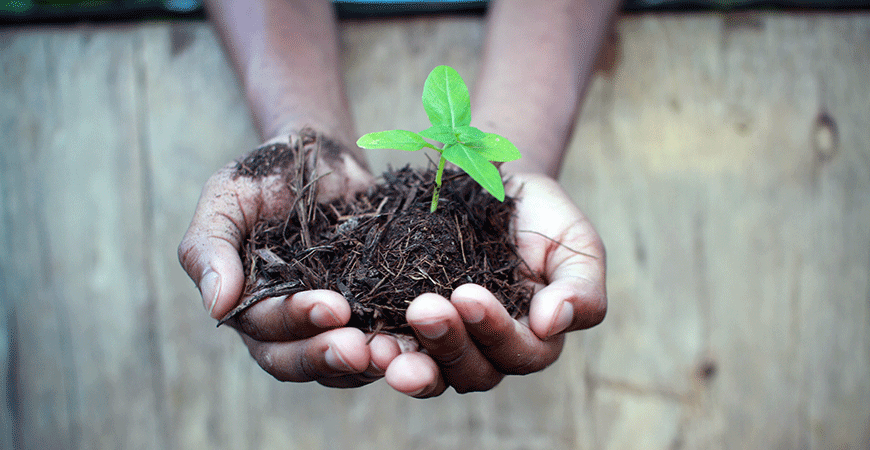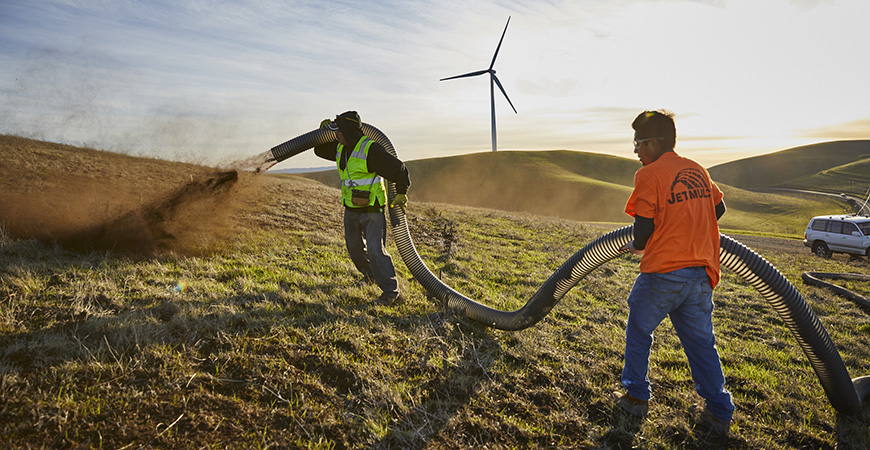Pictures accompanying Professor John Abatzoglou's presentation on the 2025 fire season were blurry. That was intentional, he said, because so much about wildfire is unpredictable.
"There's a lot that we know, and a lot we don't know," he said.
However, Abatzoglou said,...











